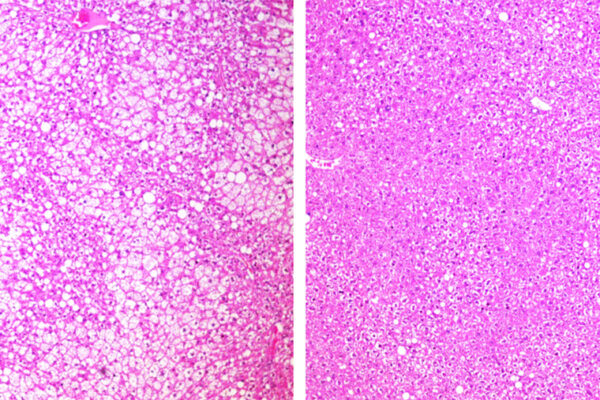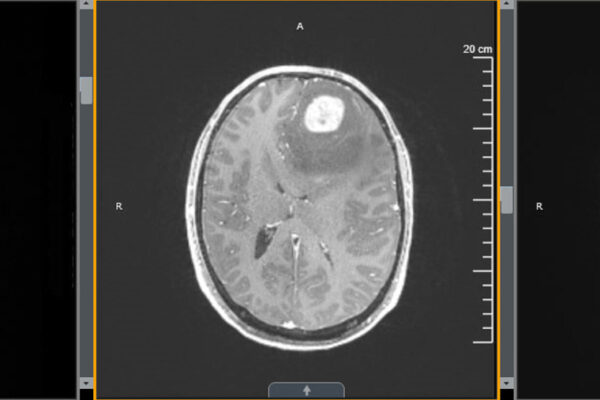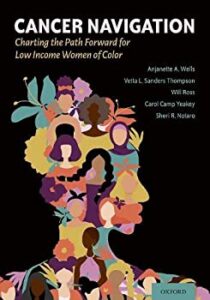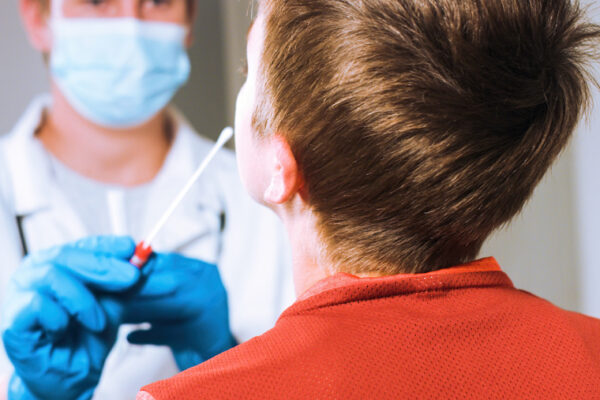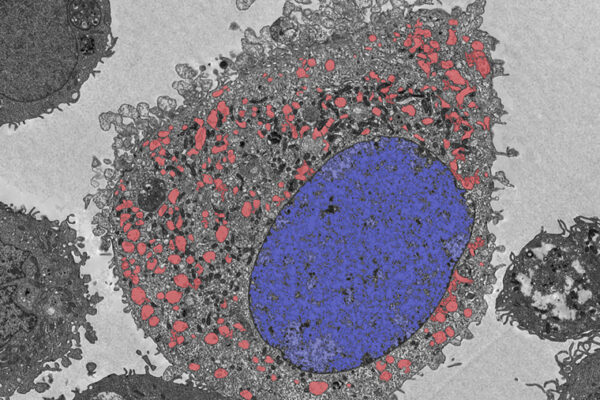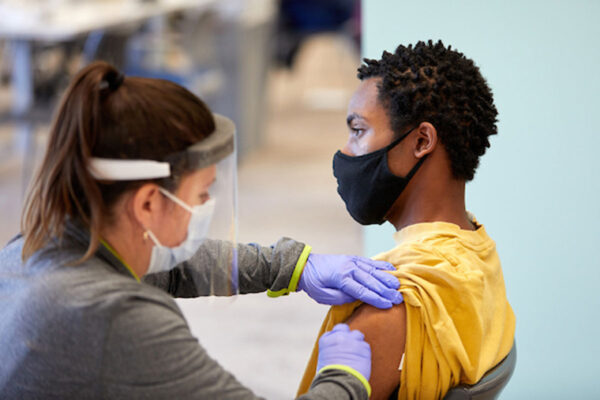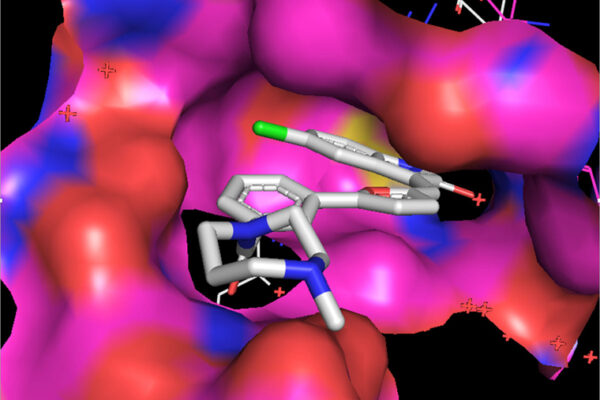Drug mimics beneficial effects of fasting in mice
An investigational cancer drug that starves tumors of their energy supply also shows evidence of improving whole body metabolism, according to a new study in mice from Washington University School of Medicine.
Boosting T cells improves survival in mice with glioblastoma
A new study from Washington University School of Medicine shows that treatment with an immune-boosting protein called interleukin 7 (IL-7) in combination with radiation improves survival in mice with glioblastoma.
Cancer Navigation
Charting the Path Forward for Low Income Women of Color
Cancer Navigation: Charting the Path Forward for Low Income Women of Color is a practical quick-reference resource for U.S. health care providers working with marginalized women throughout the cancer continuum.
Engineering, medical schools partner for women’s health tech initiative
Researchers at the McKelvey School of Engineering and the School of Medicine at Washington University are launching the Women’s Health Technologies Initiative, which will focus on innovative therapies supporting female reproductive health.
Study examines risk factors for severe health problems in kids with COVID-19
An international study involving researchers at Washington University School of Medicine analyzed the risk factors for serious health outcomes in kids who had COVID-19. Researchers found that children up to age 18 who had tested positive for COVID-19 were at low risk for severe health problems.
New treatment target ID’d for radiation-resistant cervical cancer
Two new studies from Washington University School of Medicine have identified a previously unrecognized pathway of cell death — named lysoptosis — and demonstrate how it could lead to new therapies for cervical cancer.
Improving health of mothers, infants aim of imaging tech to monitor contractions
Researchers at Washington University School of Medicine have received three grants totaling more than $6.8 million to advance research on a novel imaging system to monitor uterine contractions. The electromyometrial imaging system, called EMMI, was invented and developed at Washington University.
What makes an mRNA vaccine so effective against severe COVID-19?
A new study by researchers at Washington University School of Medicine and St. Jude Children’s Research Hospital helps explain why mRNA vaccines have been so successful at preventing severe disease.
Grants fund drug development for devastating tropical diseases
Researchers at Washington University School of Medicine are working to develop new treatments for two types of devastating parasitic infections common in sub-Saharan Africa and Central and South America: river blindness and intestinal worm infections.
$11.5 million commitment supports new Alzheimer’s prevention clinical trial
Longtime St. Louis benefactor Joanne Knight has committed up to $11.5 million to Washington University School of Medicine in St. Louis to support an innovative clinical trial aimed at preventing Alzheimer’s disease by treating people before the first signs of the illness appear in the brain.
Older Stories
